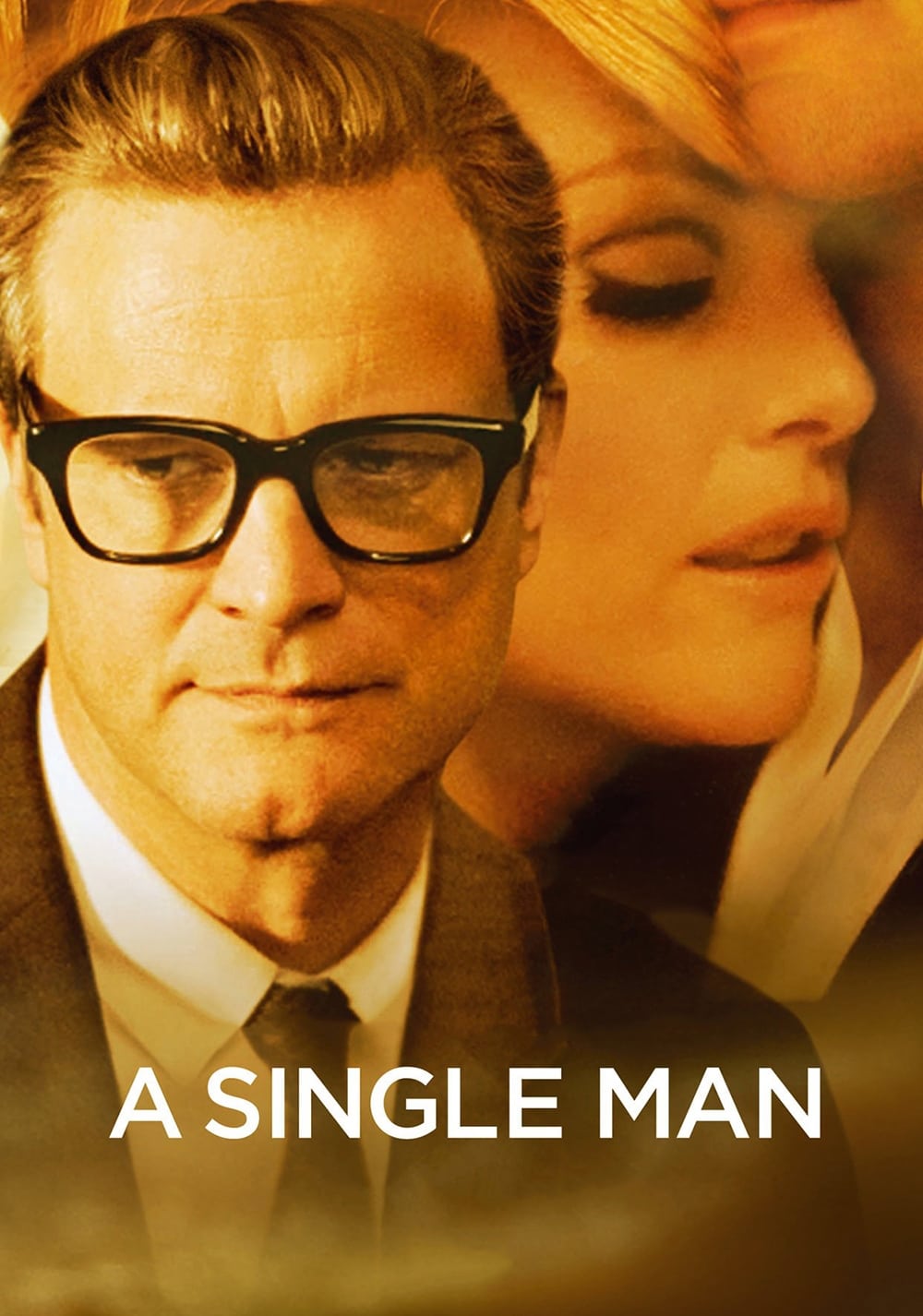
The life of George Falconer, a British college professor, is reeling with the recent and sudden loss of his longtime partner. This traumatic event makes George challenge his own will to live as he seeks the console of his close girl friend Charley, who is struggling with her own questions about life.
22 Nov A Single Man (2009)
Julianne’s Floating
There’s something offensive about this, and it is a rather delicious experience finding out what it is. Of course, there is the feint, the whole business about gay love being unremarkable. Even ten years ago, most of the American public would have struggled a bit with this. But already it is a non-issue, even though much is made of the filmmaker’s intent. That’s not it.
And the thing is marvellously crafted; it really is. The way all the pieces are stitched together is not so great: we do have an amateur filmmaker helped by scores of A-list technicians, so deep coherence is too much to expect. But it does hang together, and that is because it doesn’t actually go anywhere. Its a tone poem, so all everyone has to agree on is the tone.
We have consistent abstractions: the fifties and a remembered time-shifting. An ambiguity in who we know is our observer. Ritualistic film methods used to portray ritual death. A score that deftly integrates with Firth’s laconic appreciations.
The story setup is just perfect: we are placed in a situation where our job (we are told) is to appreciate touch as purpose in film narrative, where our hero is a professor trying to teach just that — and succeeding with at least one student. He is in a relationship with an architect, who has placed him in a clean glass house. The stance is worth noting: we see this partner always in the kind of neatly designed clothes and space that the filmmaker is famous for defining. As a kind of missing influence in our hero’s life, he makes a hole for Ford for fill. So the narrative structure is richly designed.
It is the presence of Julianne Moore that disturbs. Usually, she can find the place to occupy that supports the project. Her acting style forces her to understand the nature of the long form narrative in order to find that place. But there is no long form here, only a tone, an emotional style, an affect. (What a concept, because the affect is supposed to reflect something genuine.)
You can see her struggle. She doesn’t have a director to help her; he serves essentially as the emotional dresser. So she is cast onto her own devices to create a history and a future in which to place herself. She unsettles the whole thing, reminding us of what we are missing. This isn’t a film so much as an advertisement.
Posted in 2011
Ted’s Evaluation — 2 of 3: Has some interesting elements.


No Comments